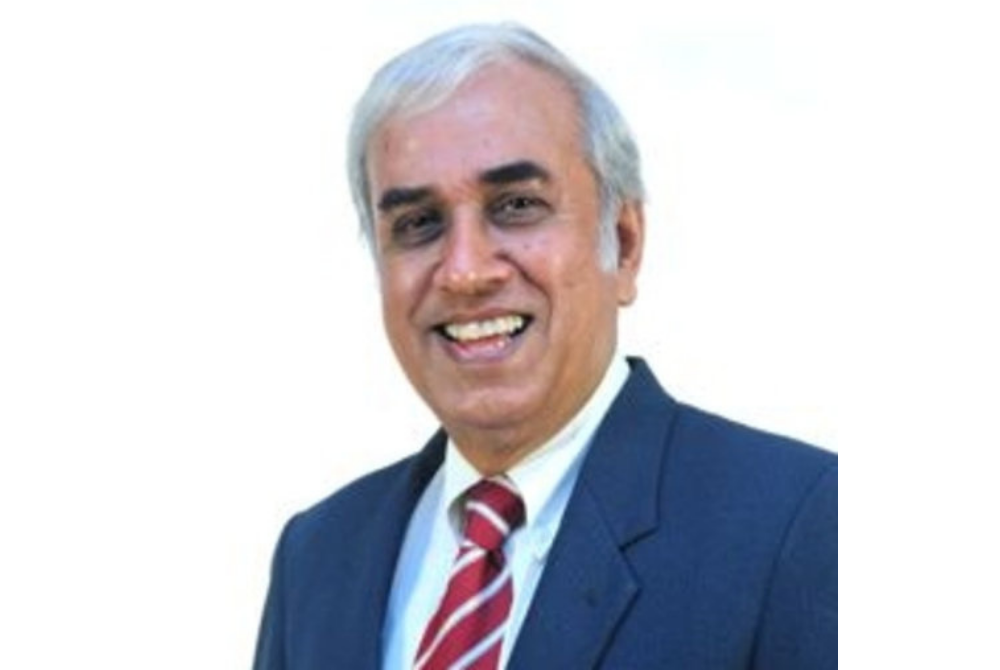What is ‘Long Covid’ and how do we manage it?

‘Long Covid’ or post-Covid symptoms are a wide range of new, returning, or ongoing health problems people may experience more than four weeks after a Covid-19 infection.
World Health Organisation (WHO) defined Long Covid as a condition that occurs in individuals with a history of probable or confirmed SARS-CoV-2 infection, usually three months from the onset of Covid-19, with symptoms that last for at least two months and cannot be explained by an alternative diagnosis.
In Malaysia, around 10 to 15 per cent of people suffer from Long Covid post-infection. Based on a study done by Universiti Malaya’s Faculty of Medicine lecturer Professor Dr Moy Foong Ming, it has gone up to about 20 per cent now.
According to Health Minister Khairy Jamaluddin, hospitals had been instructed to pay close attention to Long Covid cases by stepping up rehabilitation facilities to manage patients with post-Covid symptoms, especially those in high-risk categories.
From the available evidence, Long Covid had been around regardless of the types of virus variants Covid-19 patients suffered with.
Despite that, there still isn’t much records to confirm whether Omicron survivors will suffer from Long Covid as well, as it only appeared from December of last year.
However, most clinicians predict that some patients infected with Omicron will also experience Long Covid.
“There are more than 200 symptoms of Long Covid, but the most commonly reported symptoms are fatigue, breathlessness, cough, anxiety, cognitive impairment or brain fog, muscle pain, symptoms that get worse after physical activities,” she said.
She also shared that patients need to monitor their symptoms and keep up with appointments, especially after being admitted in a hospital for acute Covid-19.
Dr Moy mentioned that patients who suffer mild post-Covid symptoms may refer to self-help materials to monitor themselves whereas those who suffer from more serious symptoms like breathlessness should get medical attention as soon as they can.
“Those who are more vulnerable to Long Covid are patients with severe acute Covid-19, women, older patients, particularly those with co-morbidities like hypertension and diabetes mellitus,” she added.
However, the confusing part about Long Covid is that there is no specific treatment for it - symptoms can be treated, but not all of them.
For example, patients experiencing fatigue may be asked to take things lightly, rest, and take care of their nutrition intake.

According to public health specialist and professor at MAHSA University Prof Dr Hematram Yadav, the signs and symptoms of Covid-19 go beyond a certain period despite the unclear definitions available given by various institutions right now.
“As far as the variants are concerned, different variants already give different signs and symptoms, so it is to be expected that the Long Covid symptoms will vary from individual to individual too.
“It is largely undetermined whether certain variants are more likely to cause Long Covid or not, partly because immunisation efforts have drastically reduced instances of Long Covid in general,” he said.
Dr Hematram shared that the virus lingers in the body which is why symptoms may be present, although an individual tests negative.
This is because the patient has already recovered and there are no tests as of now for Long Covid.
“Treatment is really about giving the patient what he or she needs, it needs to be thought of as an overall treatment. Think of it as holistic rehabilitation,” he added.
Download Sinar Daily application.Click Here!















